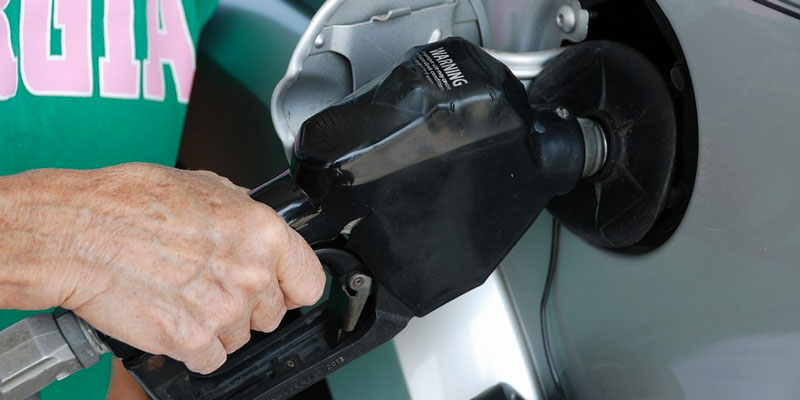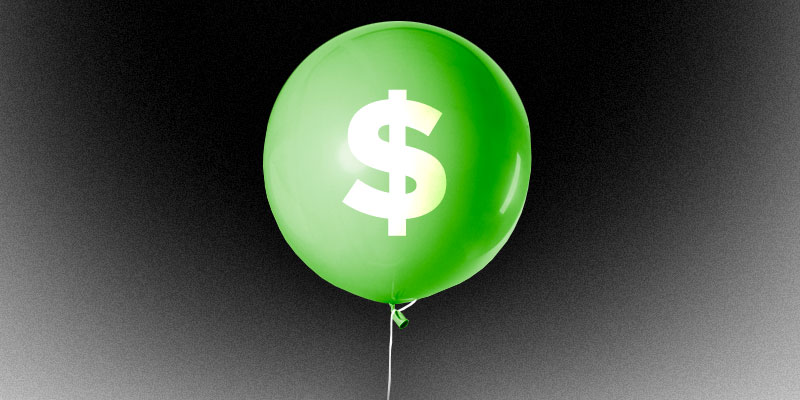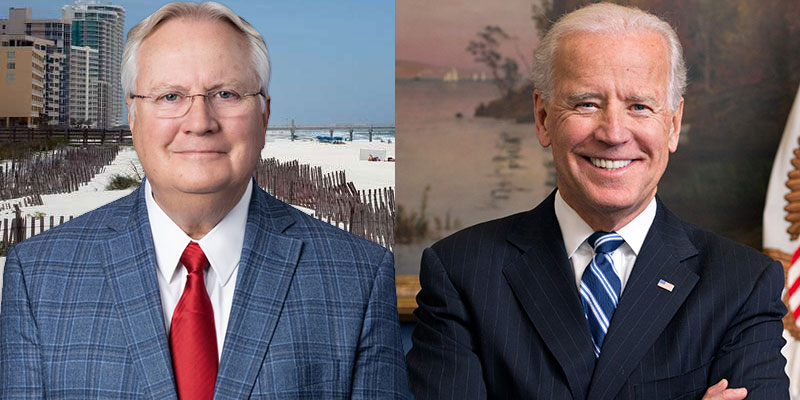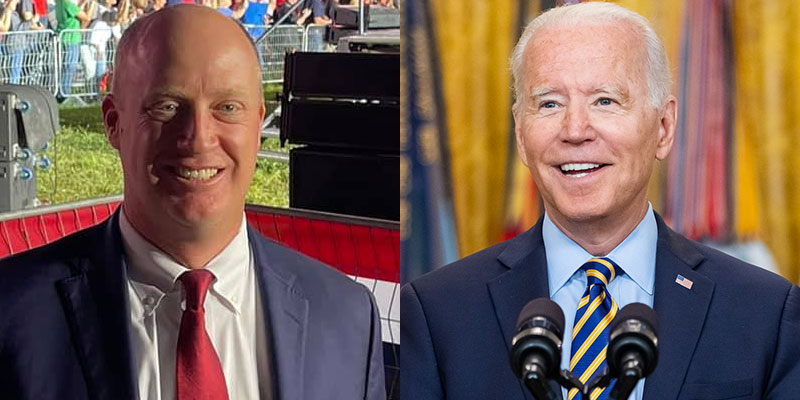Summer driving season is here, and motorists nationwide are seeing an unwelcome sign (literally): higher gas prices. As a result, politicians are playing the blame game, pointing the finger at the Trump administration for higher pain at the pump.
But what’s really going on, and is there anything policymakers can do?
The law of supply and demand explains a lot. Because oil is a globally traded commodity, different factors around the world affect the supply of and demand for oil, which in turn affects the price Americans pay at the pump.
Demand is certainly up. According to the International Energy Agency, global oil demand increased 1.6 percent in 2017. That may not sound like a whole lot, but it’s significantly higher than the average increase of 1 percent over a decade.
It’s worth noting, by the way, that higher gas prices often result from a healthier economy. In the United States and around the world, stronger growth means businesses and families are using more oil.
On the supply side, OPEC and its friends decided to cut back production at the end of 2016 and throughout 2017, in an effort to increase prices. With 2016 output levels as the baseline, 21 countries have been reducing production by a total of nearly 1.8 million barrels per day.
Countries such as Saudi Arabia exceeded their production cuts, while others produced more oil than they said they would. The collapse of the Venezuelan and Angolan economies resulted in substantial decreases in oil production, so OPEC is easily meeting its reduction targets.
OPEC’s strategy is unlikely to be sustainable, though. The cartel has never been able to restrict supplies and control oil prices for very long, because oil comes from a diverse set of suppliers (both OPEC and non-OPEC), many of whom have a strong incentive to cheat and boost oil production above their quotas.
Even when oil prices were lower, some OPEC nations and OPEC allies failed to meet their reduction targets. If prices continue to rise, and production continues to decline in Venezuela and Angola, the incentive to cheat, or to reverse the agreement, only grows stronger. In fact, Reuters recently reported that OPEC could agree to increase its production levels at its next official meeting in June.
Another good sign: the extraordinary technological advancements now being used to extract oil in the United States is making OPEC’s strategy even more ineffective over the long term. As OPEC and its allies decided to cut production in 2017, American energy produced cranked out more supply.
The Energy Information Administration reported that U.S. crude production surpassed 9.3 million barrels per day in 2017, a 5 percent increase over 2016 levels. In November 2017, the U.S. crude oil supplies surpassed 10 million barrels per day, breaking a record high from nearly 50 years ago.
The U.S. is on pace to overtake Saudi Arabia and Russia as the world’s largest oil producer. In fact, the latest projection from the EIA estimates that U.S. production could reach nearly 12 million barrels per day in 2019. America’s energy revolution is a remarkable story that demonstrates the benefits of human ingenuity and entrepreneurial passion.
Nevertheless, policymakers are calling the administration to “do something” to alleviate drivers’ agony every time they fill up their tank. But higher prices driven by market forces are not a compelling reason for the federal government to intervene in energy markets.
Prices, after all, communicate information to energy producers and to energy users. Higher prices for oil incentivize companies to extract and supply more.
Moreover, higher prices also incentivize entrepreneurs to invest in innovative alternatives to oil, whether batteries, natural gas vehicles, or biofuels. Drivers will examine their consumption options as well, whether carpooling, finding alternative modes of transportation, or, over time, purchasing a more fuel-efficient vehicle.
Instead, Congress and the Trump administration policymakers should eliminate the government-imposed barriers and policies that artificially raise prices.
For instance, streamlining the permitting process for oil extraction and transportation will get more oil to the market. Transitioning environmental protection to the states will allow more efficient and accountable management. Government-imposed mandates that determine which fuel drivers must use and which ships can carry oil from coast to coast translate to higher prices at the pump and only serve to protect special interests.
Washington must refrain from non-solutions that meddle in energy markets and instead fix the distortions caused by the predecessors.
Nicolas Loris is The Heritage Foundation’s Herbert and Joyce Morgan Fellow, specializing in energy, environmental and regulatory policy analysis.













